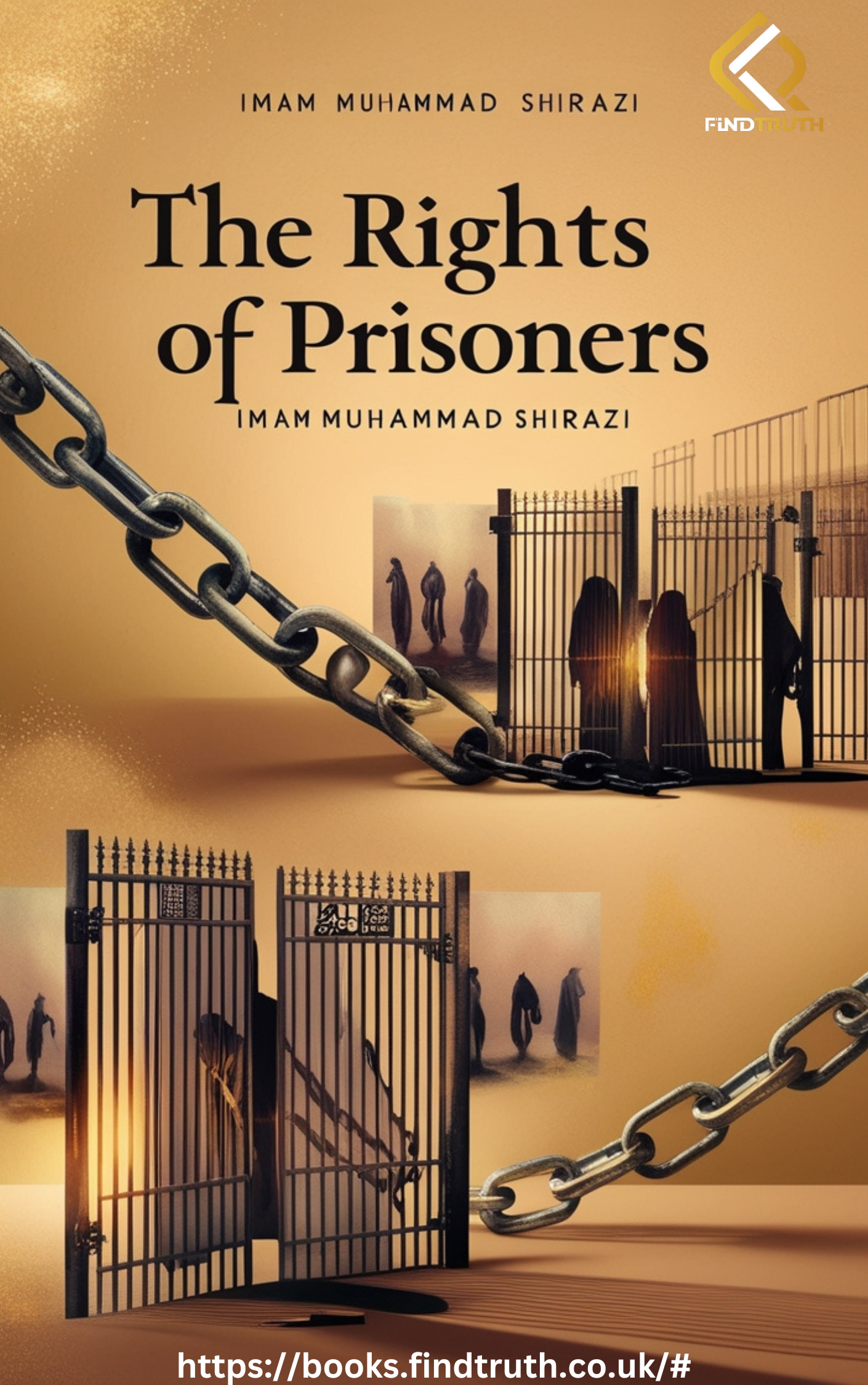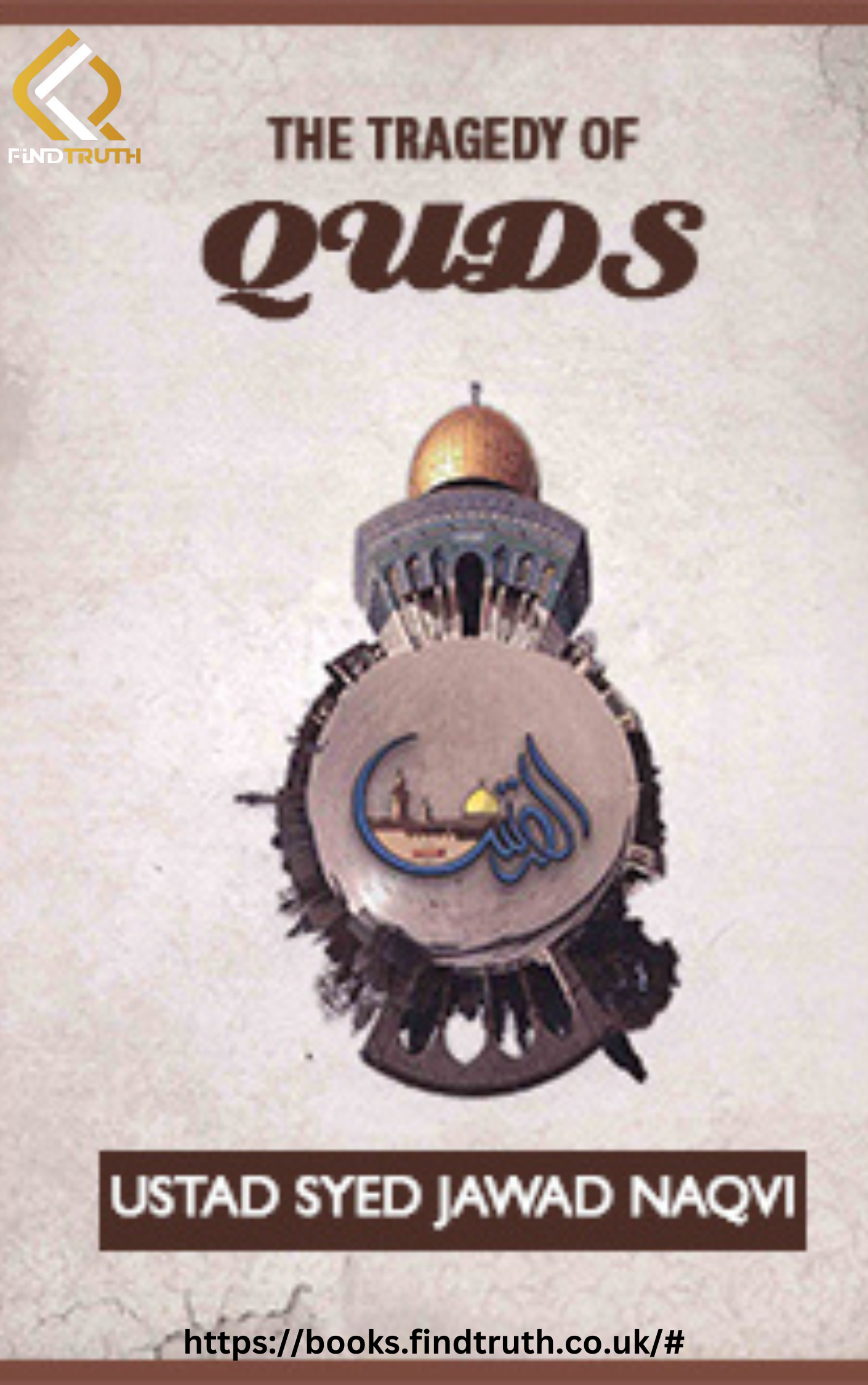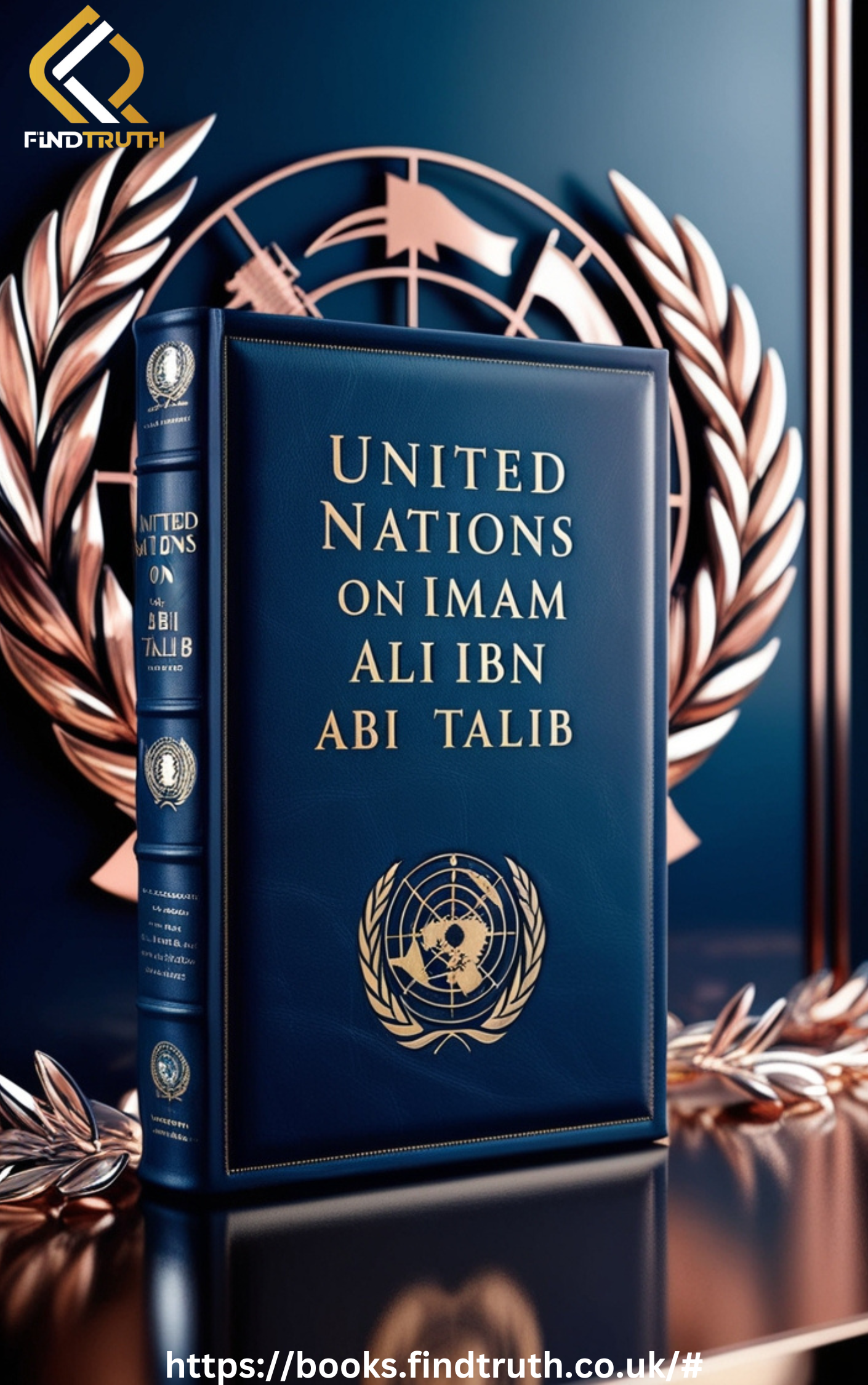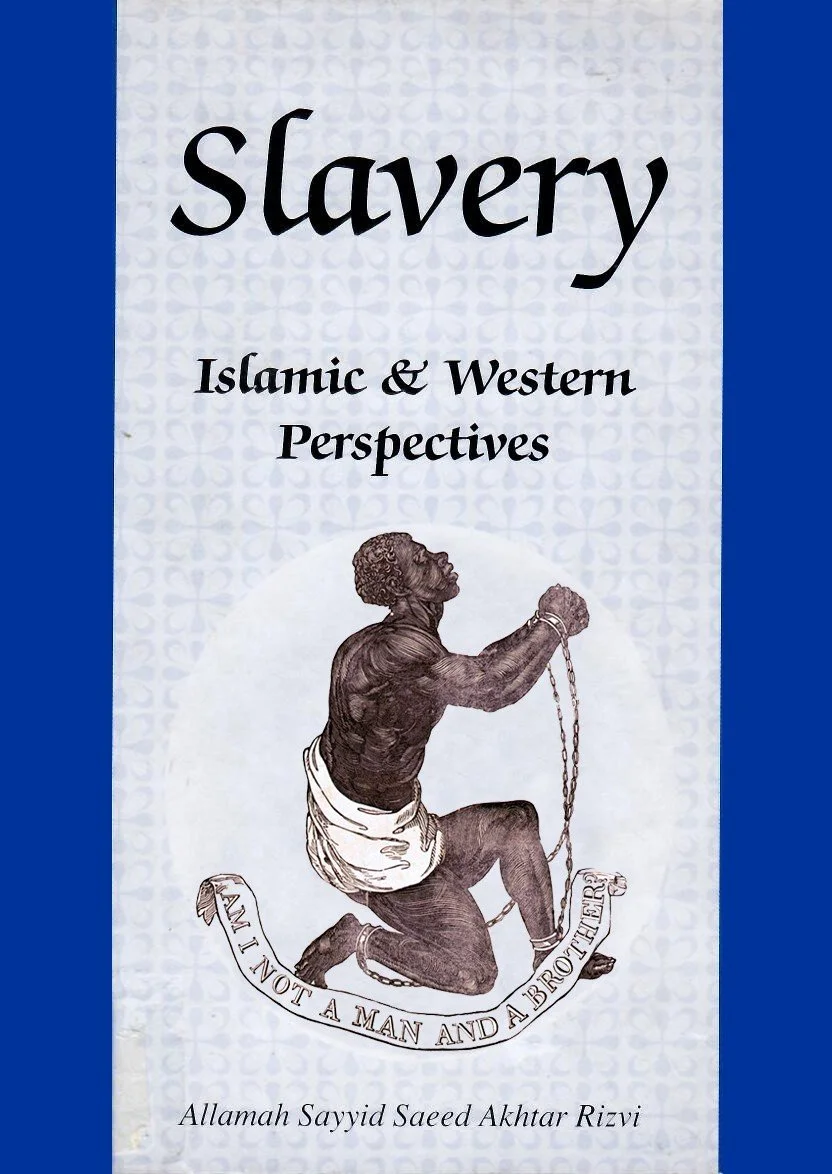
- Beliefs
-
Muslim Practices
- Salah (Daily Prayers)
- Sawm (Fasting)
- Hajj (Pilgramage to Makkah)
- Zakah (Charity Giving)
- Khums (Giving One-Fifth of Annual Saving)
- Jihad (Striving in the Way of God)
- Amr bil Ma'ruf (Encouraging Good)
- Nahy 'an al-Munkar (Stopping Evil)
- Tawalla (Loving the Prophet & His Family)
- Tabarra (Disassociating from the Enemies of the Prophet and His Family)
- Islamic Education
-
Akhlaq - (Ethics)
-
Quran & Sciences
-
Islamic History
-
Socio-Cultural
- Islamic Holy Places
-
Supplications
- Home
- Feature Selections ★
- Beliefs 🛐
-
Muslim Practices ☪️
- Salah (Daily Prayers)
- Sawm (Fasting)
- Hajj (Pilgramage to Makkah)
- Zakah (Charity Giving)
- Khums (Giving One-Fifth of Annual Saving)
- Jihad (Striving in the Way of God)
- Amr bil Ma'ruf (Encouraging Good)
- Nahy 'an al-Munkar (Stopping Evil)
- Tawalla (Loving the Prophet & His Family)
- Tabarra (Disassociating from the Enemies of the Prophet and His Family)
- Islamic Education
-
Akhlaq - Ethics 🔑
- Quran and Sciences 📖
-
Islamic History
- Socio-Cultural
- Islamic Holy Places
- eBooks
- The Rights of Prisoners
The Rights of Prisoners
"The Rights of Prisoners" examines the principles and ethical guidelines in Islam concerning the treatment of prisoners. This insightful book delves into the Quranic verses, Prophetic traditions, and scholarly works that emphasize compassion, justice, and fairness in dealing with individuals who are incarcerated. It discusses key topics such as the humane treatment of prisoners, their right to dignity, access to basic necessities, opportunities for education and reform, and the importance of justice in sentencing.
The book also contrasts Islamic teachings with contemporary practices, offering a thoughtful critique of modern prison systems and highlighting the Islamic emphasis on rehabilitation over punishment. This essential resource is ideal for scholars, policymakers, and readers interested in understanding how Islamic law upholds the rights and dignity of prisoners.










